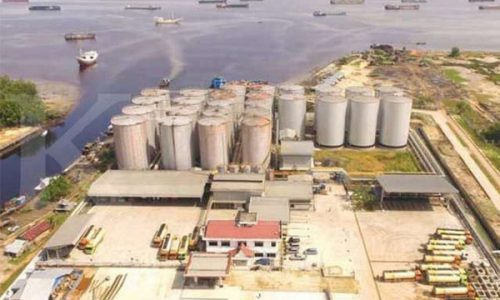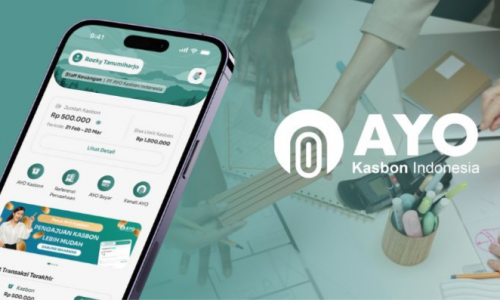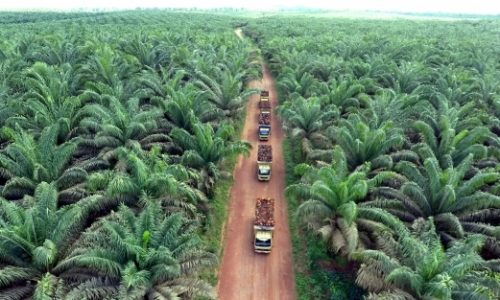The Purchasing Managers’ Index (PMI) for Indonesian manufacturing in February still reflects an expansive manufacturing sector although the country booked a score of 52.7, a slight decrease from January’s 52.9. According to the S&P Global index, manufacturing production showed an upward trend in February, with growth rates remaining solid despite a decline compared to January.
The increase was driven by a significant influx of new jobs and improved demand conditions, stimulating a rise in new orders for the ninth consecutive month. However, foreign demand for manufactured products stagnated during February, mainly due to ample stock levels in some export destination countries, which did not spur new orders.
Jingyi Pan, Economics Associate Director at S&P Global Market Intelligence, noted that the February PMI data indicates a positive trend in Indonesian manufacturing since the beginning of the year. While solid domestic demand supports growth, stagnant foreign demand in February warrants continuous monitoring.
She pointed out that although input cost inflation strengthened in February, which is often associated with rising raw material costs, it has not yet directly impacted output prices above average. However, continuous cost burden shifting could lead to significant cost increases in the coming months, affecting demand growth.
Overall, sentiment among Indonesian manufacturing companies improved in February, aligning with forward-looking indicators such as new orders, indicating sustained short-term output growth.
The Manufacturing PMI compiled by S&P Global is based on responses from purchasing managers of 400 manufacturing companies, grouped by sector size and workforce. This process has been ongoing since 2011.









